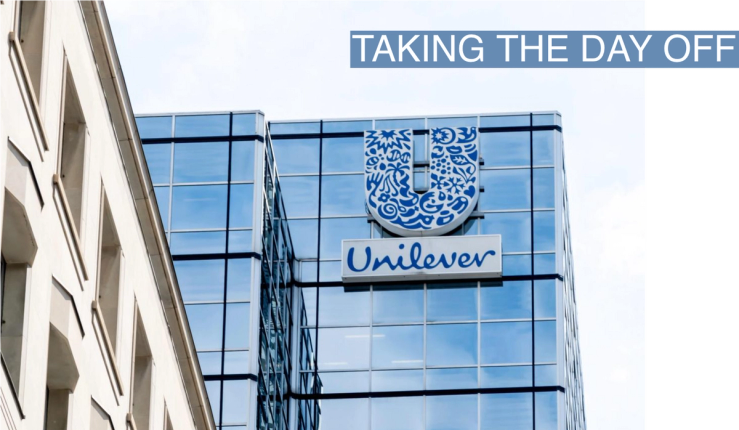The News
British multinational Unilever will expand its four-day workweek trial to Australia after the success of its 18-month pilot in New Zealand.

Know More
More than half of the firm’s 900 employees in Australia will have Friday through Sunday off from Nov. 14, while retaining 100% of their pay.
The move makes the consumer goods firm “the largest company yet to offer a vote of confidence in the shorter schedule,” reports the Financial Times, at a time when more people are demanding flexible work conditions post the disruption triggered by COVID-19.
The expansion of the trial follows the success of Unilever’s four-day workweek pilot in New Zealand, which ran between December 2020 and June 2022. The company — whose brands include Dove soap and Cornetto ice cream — found that productivity remained high while staff were happier.
The UTS Business School in Australia, which monitored the New Zealand trial, found that over two-thirds of employees reported a better work–life balance while stress dropped by 33%.
One of the key strategies to maintaining high productivity was reducing the amount of time on unnecessary meetings and drafting emails, a Unilever human resources official told the Financial Review.
The “weekend” is a relatively modern business invention. Car maker Henry Ford was the first to give his employees Saturdays off, with the Ford Motor Company becoming one of the early adopters of the standard 40-hour workweek.
Many economists believe there are numerous advantages to switching to a shorter workweek because so little time is actually spent working at work. Reducing the workweek by just one day can save companies billions in costs as offices no longer have to pay for commodities like electricity and printing.

